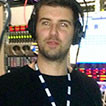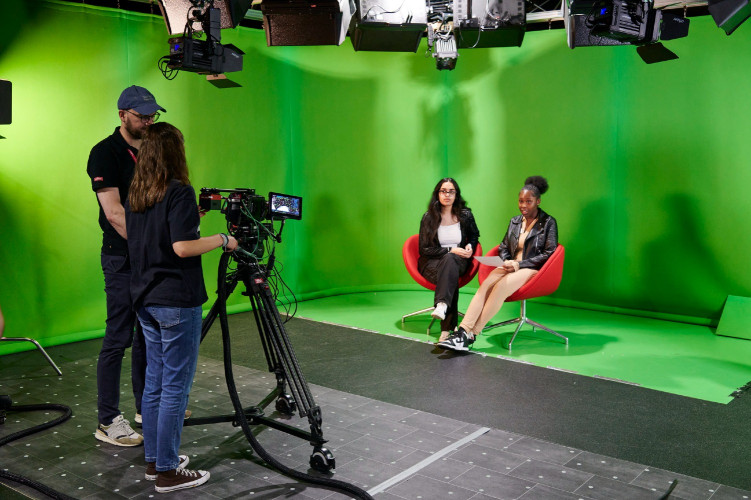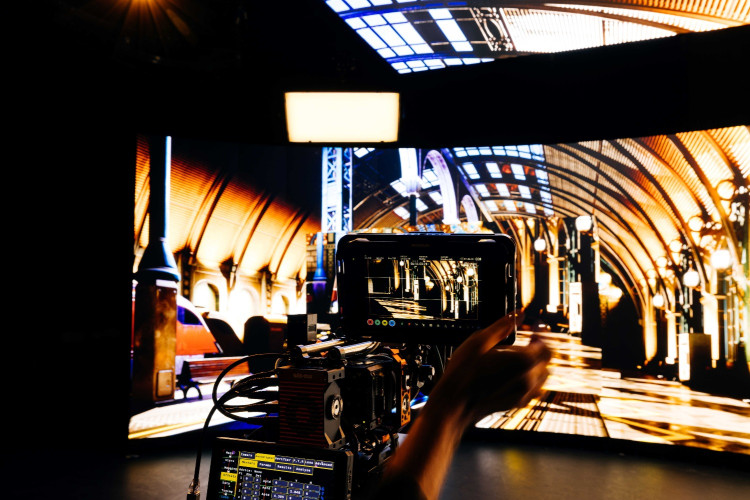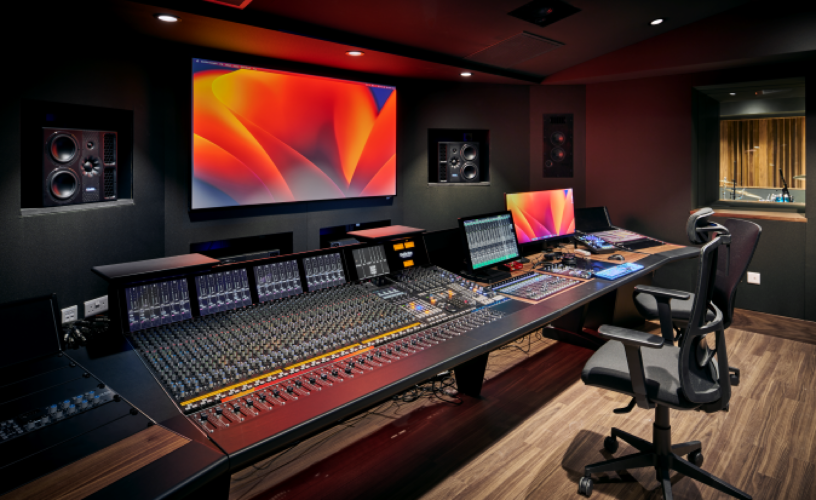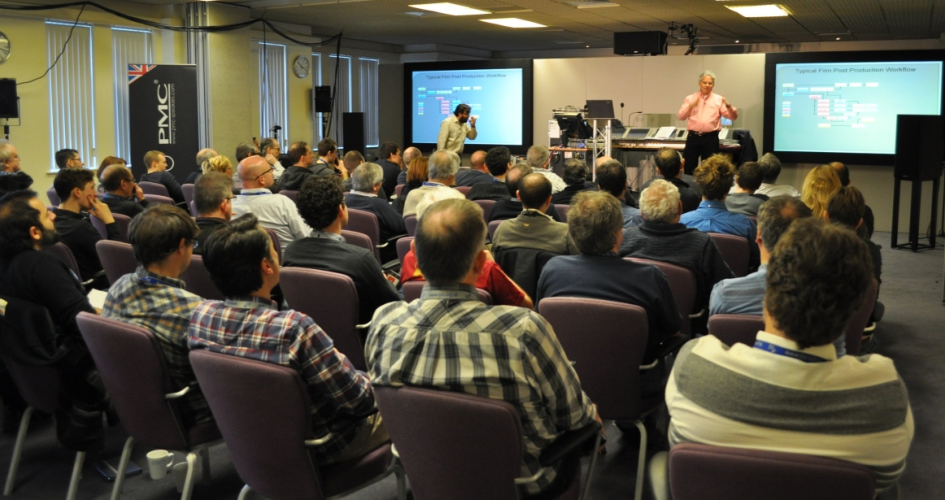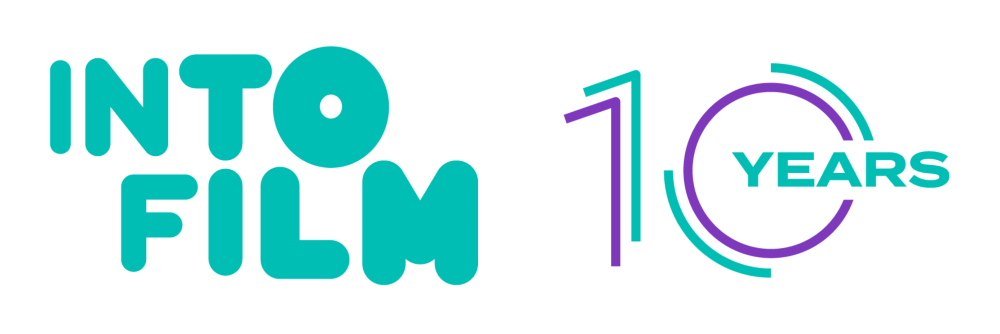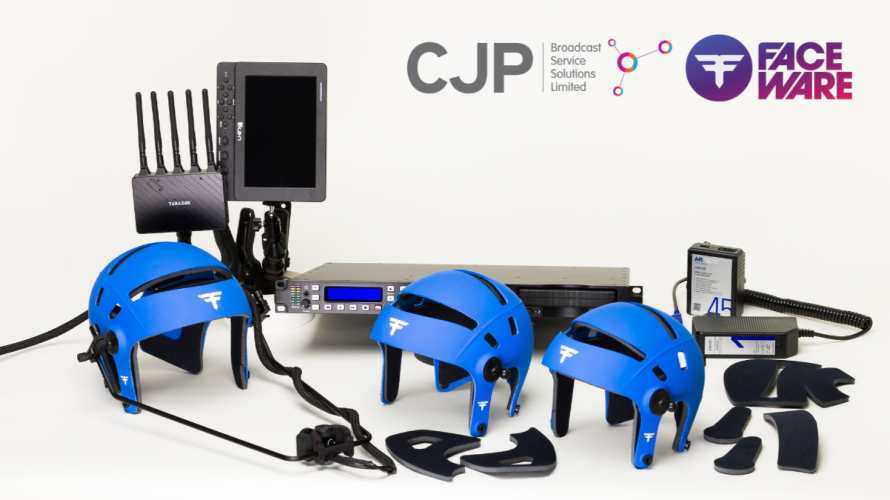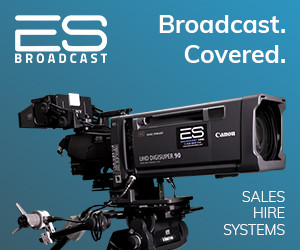by Mark Reed Issue 93 - September 2014
My dictionary says that training is “the action of teaching a person or animal a particular skill”. I’m not sure how many animals work in the TV industry but the point is, sound in the broadcast arena definitely requires taught skills.
I consider myself one of the lucky ones. I went to a college recognised as one of the leaders in training by the industry, I met the right sort of people, took the right sort of advice and 15 years later feel very much part of the Outside Broadcast (or OBs) part of the broadcast industry.
In my day to day job the skills required are actually quite wide. I work as a guarantee engineer, and to take this job description to the absolute, it means, I will guarantee that the system works. The ‘system’ in an OB truck is quite an animal... there is knowledge required in the operation and programming of;
- The Sound Desk
- The Communication system, including radio talkback and the associated RF technology
- The Audio Router
- The Video Router
- Optic Fibre systems
- Analogue Jackfield
- Digital Jackfield
- External Audio equipment
- Outgoing Lines equipment including embedders, Dolby E & Metadata.
- Analogue cabling and the challenges that presents.
- Digital cabling and the challenges that presents.
- An awareness of the technology and equipment that other departments use - Cameras, Vision Engineering and VT.
So, how on earth does one become trained to know enough about all the items on this list, bearing in mind there is little consistency between OB trucks, manufacturers or the way a truck is physically wired up?
Much of my education was about understanding concepts. Yes, my college had equipment of the day, but the exams were about understanding what a bit of kit is designed to do. It didn’t matter if the label on the box said Calrec, Studer or Soundcraft.
This is, I believe, was the fundamental success of the course.
I left college and became staff at an OB facility. They had the money and time to train the junior engineers through a mixture of on the job experience with guidance from senior staff and the occasional course either at base or a day trip to a training centre or office somewhere. This arrangement worked well, dovetailing my college education into real world scenarios.
Many years later and I’m now at the point in my career where I am now self-employed. As much as this is an exciting, opportunity filled position, it is also made harder by losing the benefits of being a staff member of a larger company that can demand from manufacturers and broadcasters some training on any large order of kit that they should purchase or new workflow technique. So, what to do?
This particular quandary faced me very recently. There are now some OB units on the UK market that are engineered to produce up to 7.1.4 also known as Dolby Atmos. I have to confess I knew very little about this emerging technology. I am very converse in *some* multi channel audio, I’ve done 5.1 live broadcasts for many years now. I understand about multichannel delivery technologies and many trucks I’ve worked in are setup to monitor 5.1 mixes. How do I learn about the specifics of 7.1.4?
If I was a staff member at that particular facility company, perhaps they would have an arrangement with Dolby (as my old company did when 5.1 first came on the scene) and their staff engineers will become experts in the new exciting area of this multichannel audio. This is fair enough, the company has invested in the technology and will want their staff to be expert with it, to their clients. If I phone up and ask if I can pop along to a course too, it would also be fair enough, for them to turn me down. I don’t work exclusively for them, I could get this training, and go and work for their competitors, benefiting from their investment but using it against them. I could also go direct to Dolby, but the cost to me, as an individual, would be prohibitive. I couldn’t reclaim the money by putting up my rate, to factor in this additional cost and new area of expertise, my clients would ask what I’m playing at. The daily rate, IS the daily rate.
If the facility company or even Dolby themselves invited me to attend that training course, it is doubtful they would pay for my time. You could argue, I shouldn’t get paid to attend as it’s an investment for me, I could secure future bookings off the back of the training course. You could also argue, it’s costing me money, as on that particular day I’m not working elsewhere, where I would be earning money.
So, I’m stuck. Am I now ‘stuck in time’ with my training and knowledge only being as current as the day I left my staff job?
I’m one of hundreds of freelance broadcast engineers who work in the industry across all departments. All my freelance engineer colleagues must face this problem. Surely this is a ticking time bomb. Yes, we can usually ‘work it out’ using our years of previous experience and understanding of concepts, but this surely isn’t the answer. The UK broadcast industry demands and expects more. The UK broadcast industry IS a world leader. It will not stay a world leader if this fundamental training problem isn’t worked out.



